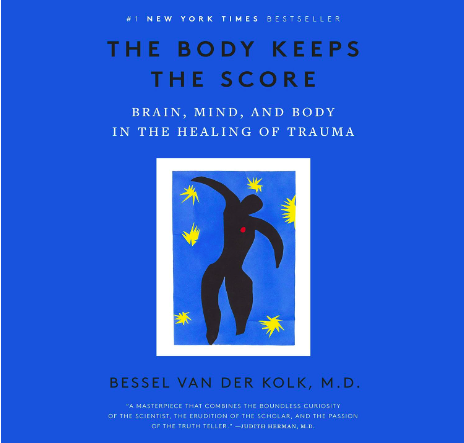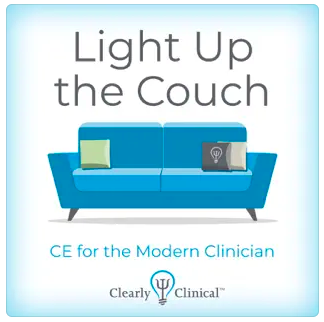June is PTSD awareness month.
PTSD stands for post-traumatic stress disorder, a specific diagnosis in the realm of trauma.
In order to receive a PTSD diagnosis, there are several criteria that must be met:
1. Exposure to a traumatic event- this could be a direct exposure, witnessing a trauma, learning of a trauma that happened to a close relative or friend or indirect exposure to aversive details of a trauma (think first responders)
2. Persistent re-experiencing of the traumatic event: unwanted upsetting memories, nightmares, flashbacks, emotional distress after reminders, or physical reactivity after reminders
3. Avoidance after the trauma of trauma-related stimuli
4 Negative thoughts or feelings that began or worsened after the trauma (two required to meet diagnostic criteria): inability to recall details fo het trauma, overly negative thoughts about self or the world, exaggerated blame of self or others for the trauma, negative affect, loss of interest in activities, isolation, difficulty experiencing positive mood
5. Trauma-related arousal and reactivity that began or worsened after the trauma (two required to meet diagnostic criteria): irritability/aggression, risky behavior, hyper-vigilance, increased startle reaction, poor sleep, poor concentration
6. Symptoms last more than one month
7. Symptoms impair functioning or create distress
8. Symptoms are not due to medication, substance use or other illness

Just because someone does not meet the specific criteria for PTSD does not mean that they did not experience a traumatic event, or that their trauma is not real.
It is estimated that 70% of adults in the US have experienced some type of traumatic event at least once in their lives. But just because you are exposed to trauma does not mean that you will develop PTSD. Only about 6% of the US population will have PTSD at some point in their lives.
- Other disorders that fall in this category of the DSM-5 include:
- Reactive attachment disorder in children
- Disinhibited social engagement disorder in children
- Acute stress disorder
- Adjustment disorders
- Prolonged grief disorder
Josh H., one of our clinicians who helps clients working through trauma, has curated a list of resources that he highly recommends for those wanting to learn more about trauma and PTSD. Check out that list of resources here:

The Body Keeps the Score by Dr. Bessel van der Kolk*

Light up the Couch Podcast: The Brain’s Route of Survival: Complex Trauma and Personality Development hosted by Shari Simmons LCSW

No Bad Parts by Dr. Richard Schwartz*
*affiliate links
